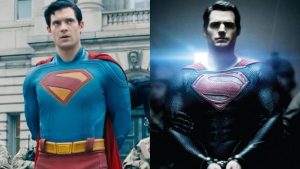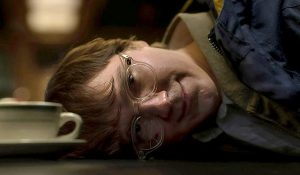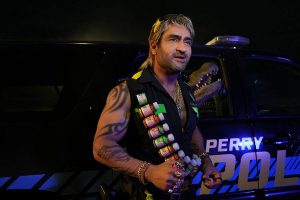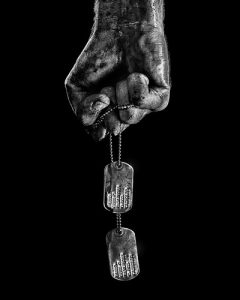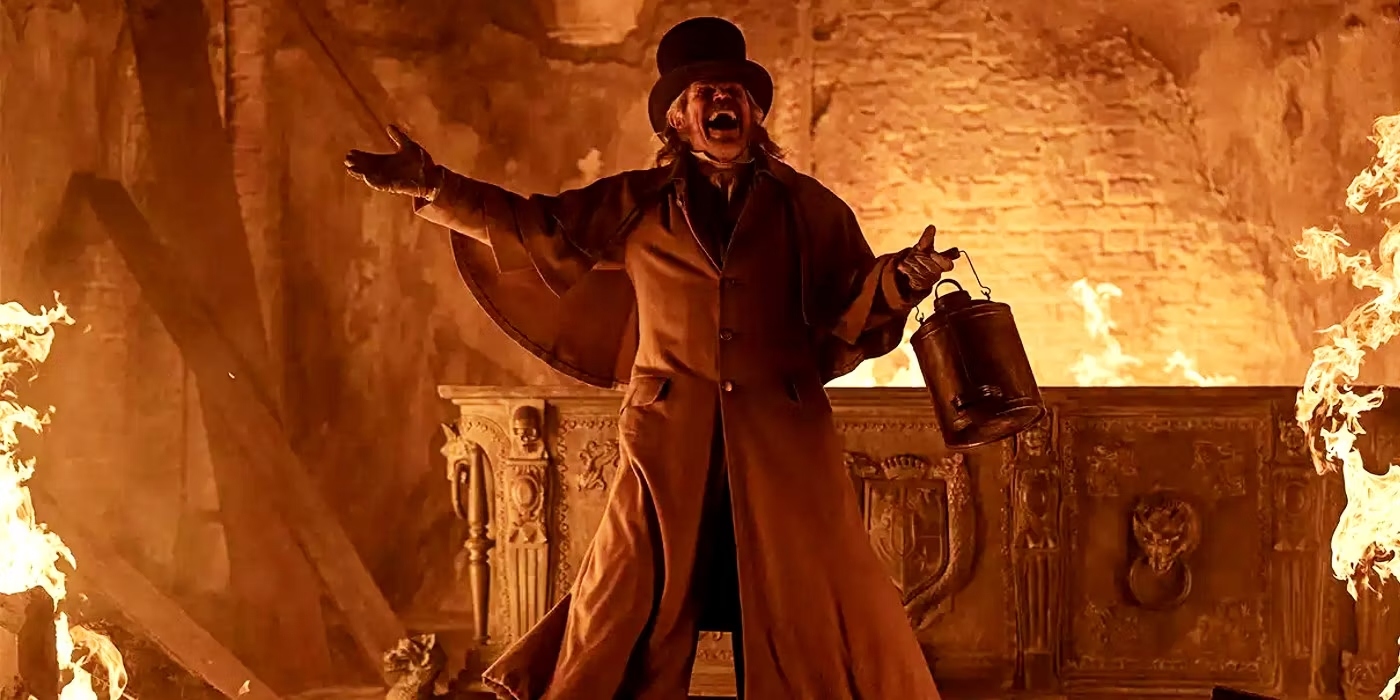
This article contains spoilers for Nosferatu.
Anyone who sees Willem Dafoe‘s name in the cast list for Robert Eggers‘s Nosferatu thinks they know what to expect. Dafoe has worked with Eggers in the director’s two most recent films, giving gonzo performances in each. In The Lighthouse, Dafoe channels Patchy the Pirate to deliver ornate curses when his fellow lighthouse keeper insults his lobster. Dafoe plays a Norse magician in The Northman, urging the king and the prince to act like dogs, scrambling around on all fours and farting wildly.
Given that his character in Nosferatu, Professor Albin Eberhart Von Franz, is based on Abraham Van Helsing, it’s fair to expect that Eggers’s long-in-development vampire film will call for plenty of Dafoe wackiness. And it is a wacky performance, to be sure. But “wacky” doesn’t quite explain Von Franz’s reaction to seeing his patient Ellen Hutter (Lily-Rose Depp) strapped to the bed by her well-meaning physician Dr. Sievers (Ralph Ineson).
“Release this child, immediately,” says a horrified Von Franz, even as Sievers, his former student, protests. Von Franz then sits next to Ellen and offers the best possible medicine: an open ear and an acknowledging eye.
It’s that mix of empathy and eccentricity that makes Dafoe’s Von Franz the best take on Van Helsing ever seen outside of the original Bram Stoker book.
Van Helsing By Any Other Name
Before we go much further, a little clarification is in order. We call Albin Eberhart Von Franz the best version of Abraham Van Helsing because they’re pretty much the same character. Eggers’s film is an update of the 1922 silent horror movie Nosferatu: A Symphony of Horror, directed by F. W. Murnau. Although the film adapts Bram Stoker’s 1897 novel Dracula, writer Henrik Galeen changed some of the names to avoid legal entanglements. Thus, the story is more or less the same as Dracula, just the characters have different names.
Count Dracula becomes Count Orlok. Jonathan Harker becomes Thomas Hutter. Mina Harker becomes Ellen Hutter. And Abraham Van Helsing becomes…
Well, here’s where it gets tricky. Because Galeen cut Van Helsing entirely out of Nosferatu, making Ellen’s sacrifice the primary driver of the vampire’s defeat. Werner Herzog‘s 1979 pseudo-remake Nosferatu the Vampyre restores Van Helsing to the story, mostly because that version retains (most of) the official names from Stoker’s novel, even if keeps the look and tone of 1922 film.
Played by Walter Ladengast, the Van Helsing of Nosferatu the Vampyre has a kindness behind his odd behavior, the latter signified by his unkempt silver hair and worried expression. But it often plays as condescension, an unwillingness to believe Jonathan Harker’s wife (Isabelle Adjani). Ladengast’s skepticism falls in line with classical performances of Van Helsing. Eduardo Arozamena has more intellectual curiosity in the Spanish-language Dracula than the severe Edward Van Sloan in the English-language version, both released by Universal Pictures in 1931, but he has no problem bullying patients in pursuit of the truth.
In the 1992 Dracula by Francis Ford Coppola, Anthony Hopkins translates Van Helsing’s scientific interest into distain for his subjects that borders on cruel. When he emerges onto the scene to introduce himself to Mina (Winona Ryder), he gives her a fright on par with those from the Count himself (Gary Oldman). He grabs her and forces her to dance a waltz, his cold eyes never supporting the playfulness he tries to enact.
Even Peter Cushing, who heretofore played the most compelling version of Van Helsing against Christopher Lee‘s Count Dracula for Hammer, sometimes lost his sense of kindness. Cushing’s dashing vampire hunter take on the Professor certainly had time for moments of empathy, as when he drapes a cloak over a child almost consumed by the vampiric Lucy (Carol Marsh) in 1958’s Horror of Dracula. But he stops Lucy not just by wielding a cross, but pressing it into her flesh, leaving a (really cool looking) burn on her forehead.
To be sure, all of these takes have validity and their charms. Heck, you can even make an argument for Hugh Jackman‘s huge action Van Helsing in the Stephen Sommers movie by that name or Mel Brooks‘s Borscht Belt joker in Dracula: Dead and Loving It. But only Dafoe grounds the character’s oddities in a deep love for humanity, making him the perfect counter to the Count and support to the story’s true hero, Mina/Ellen.
Van Helsing’s Humanitarian Soul
As in most versions of Dracula, Von Franz enters Nosferatu relatively late in the story, when a desperate Sievers turns to his old doctor. And, as in most versions, Nosferatu primes viewers to expect an idiosyncratic scientist, a feeling only heightened as we follow Sievers through a maze of stairs and streets into the Professor’s cramped and dusty room. Engrossed in a book on alchemy, Von Franz doesn’t even have time to look up at his visitors; he just barks “Go away!”
But as soon as Von Franz recognizes his old student, his demeanor changes and softens. He embraces the younger man, not even acknowledging the plumes of dust coming from his jacket. As Eggers recently told Den of Geek, he based Von Franz not just on Van Helsing, but the real life occultist Albin Grau, who truly believed in vampires and other supernatural forces.
More than just a different spin on a character portrayed by many different actors over more than a century, Dafoe’s humanist approach underscores a key element of the Dracula story. As much as Dracula is a sensual monster, and there is something seductive to his methods, he is fundamentally undead. Dracula steals life and returns a grotesque perversion of living, an unending existence based in servitude and insatiable hungers.
As Dracula’s counter, Van Helsing must be more human, in all of its varieties, which is exactly what Dafoe portrays as Von Franz. As a learned man in 19th century Germany, Von Franz respects reason and the new scientific arts, as demonstrated by his tools problem-solving process. But where so much of the Enlightenment dismissed the passions and beliefs as superstitions to be purged in favor of logic, Von Franz remembers that our feelings and faith are just as much of our human experience as our rational mind.
With Nosferatu, Eggers and Dafoe return Van Helsing to the story. But their humanist and kind professor helps build the empathy driving the movie, making Von Franz the best Van Helsing we’ve ever seen.
Nosferatu opens in theaters in the US on December 25, 2024 and on January 1 2025 in the UK.
The post Nosferatu: Willem Dafoe Is the Best Van Helsing We’ve Ever Had appeared first on Den of Geek.

